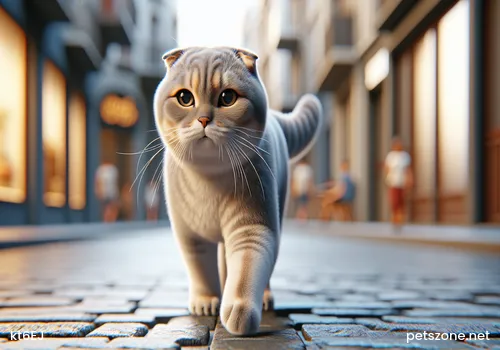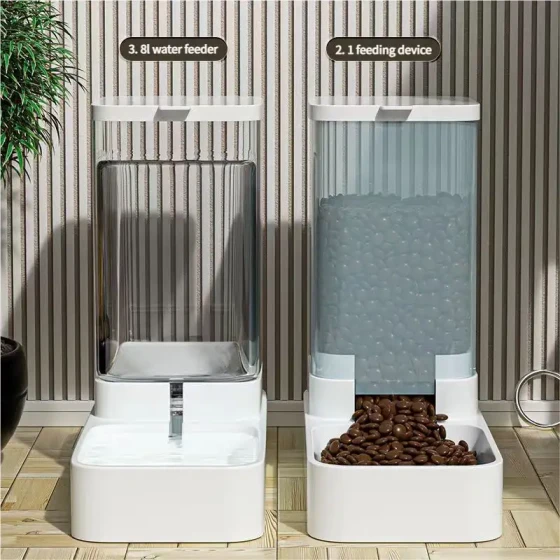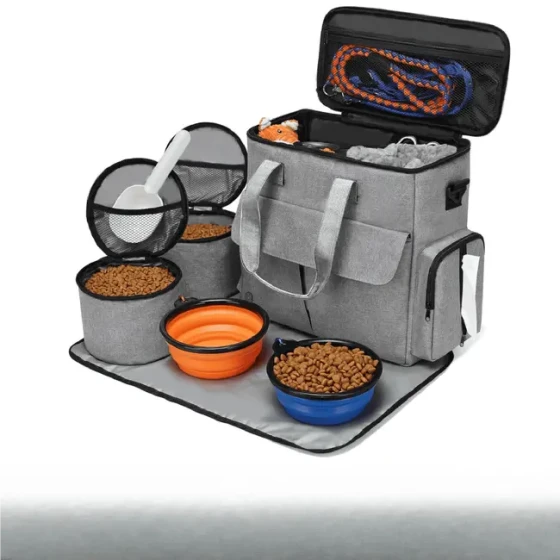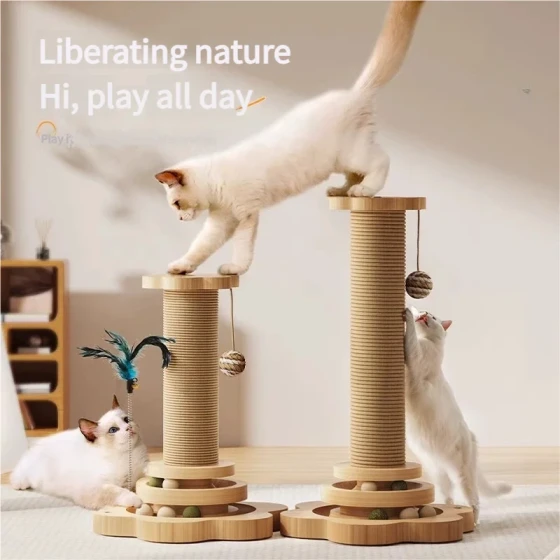Beware of Cats Eating Indoor Plants

Keeping pet cats is becoming more and more popular nowadays. Cats like to play at home, bringing continuous laughter to the whole family. Sometimes owners sigh that their beloved cats are overly playful, often turning the house upside down. Even the plants placed on the balcony are not spared from the cats' claws, frequently being eaten clean. In fact, owners must be vigilant about cats sneaking to eat indoor plants.
Plants at home are cultivated to satisfy the owner's hobby and to add more natural atmosphere to the family. However, many of the plants grown at home are unsafe for cats to eat and can lead to serious consequences. For example, Clivia can cause paralysis of the cat’s nervous system and death; Boston fern can cause vomiting and diarrhea in cats; Azalea can cause cellular atrophy, reduction in white blood cells and platelets, and paralysis of limbs in cats; Hyacinth can cause stomach discomfort, vomiting, and diarrhea; Calla lily can cause throat swelling and pain, lip paralysis, or coma in cats.
If owners have the habit of growing plants at home, they should place the plants where cats cannot easily reach, or spray lemon-scented solutions around the plants or on the pots to prevent cats from overly playfully eating the plants, thus avoiding adverse consequences.




